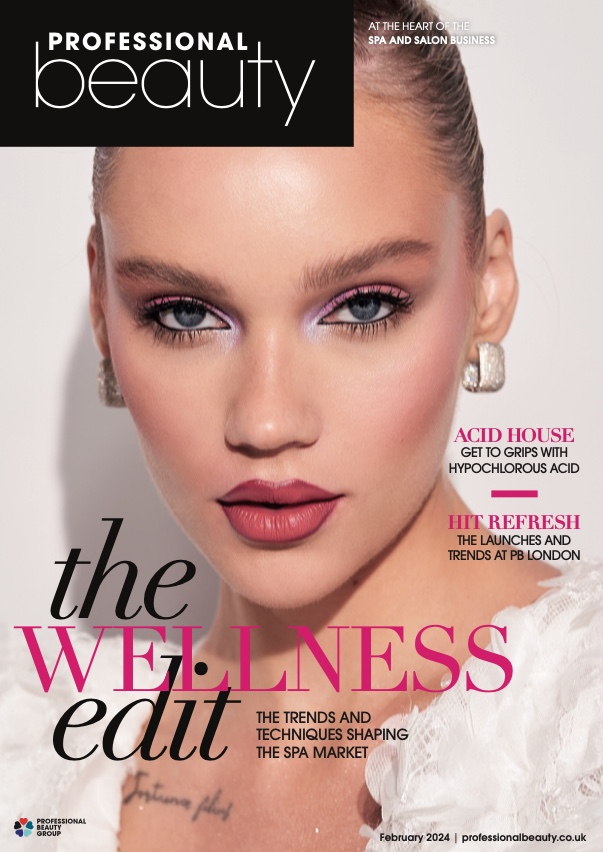media consumption audit
Media consumption audit
Newspapers
- Which daily newspapers (if any) do you read? n/a
- What sections of newspapers do you turn to first, and why? The political news section
- What sections do you never read, and why? Sports, because I have no interest in it
- What kinds of stories do you usually read and why? crime as it improves my analytical skills and i would like to study law in future.
- Do you, or someone else, buy the newspaper you read? no
- Do you look at the online versions of any newspapers? Which newspapers? Why do you visit their website and not others? No I do not read online newspapers. I read physical ones
Magazines
- What magazines (if any) do you buy regularly? Why/why not? none
- What sections of the magazines do you read and not read, and why?
Television
- Approximately how many hours a week do you spend watching television? 2/3 hours
- What device do you use to watch television? phone
- What times of day do you usually watch television? evenings
- What programmes do you like best and why? crime documentaries as they are extremely interesting
- Do you watch alone or with others? If you watch with others, who decides what you will watch? with friends
- Do you watch 'live' TV or on-demand/catch-up? Do you use any other devices to watch TV (such as laptop or tablet?) on demand
Radio
- Do you listen to the radio? Yes
- If yes, what stations do you like best and why? I listen to BBC radio, as it is very diverse and all-inclusive.
- Do you listen to podcasts? Yes
- If yes, what podcasts have you listened to recently? The Chunkz & Filly Show
- Approximately how many hours a week do you spend listening to podcasts or radio? 2 hours
- What times of the day do you usually listen to podcasts or radio? Evening
- Where do you listen to podcast or radio? On my phone
- What other activities (if any) do you do whilst listening? Relax
- Does anyone else in your house listen to the radio or podcasts? If so, when do they listen? Yes, my mother and father listen to Desi Radio in the mornings when they wake up to hear the latest news and information about traffic and weather.
Film
- What films have you seen in the cinema in the last month? It ends with us
- What films have you seen in other places – for example, through Netflix, Amazon Prime, satellite/cable film channels (free or otherwise) or streaming? Me time, never have i ever
- Who else watched the films with you? My friends
- Who decided what films to watch? My friends
- What devices do you typically use to watch films: TV, laptop, tablet, phone etc.? Laptop or phone
Online
- How often do you access the internet? Daily
- Where do you access the internet? At home, at school, commuting etc. At home and at school. Even while commuting if i need directions.
- What are the main sites that you access? Google maps, Google classroom, Snapchat + Instagram
- What are the main reasons for accessing these sites – for example, for information, to make purchases, communicate with friends or for entertainment? To see latest news and get directions and to listen to music
- What other activities (if any) do you do whilst accessing the internet? Listen to music.
- What different devices do you use to access the internet? What is your primary device for accessing the internet? My primary device is my phone but I also use my laptop sometimes.
- What social networks do you use regularly (e.g. Twitter, Instagram)? Why do you belong to these networks in particular? Instagram, especially because I know very well how to use this app and I feel very comfortable using it.
Final section: reflection
- How can you develop the amount and variety of media you consume? N/A
- What will you change in your media consumption habits this year as a result of studying A Level Media? more useful sites and apps
- List three sources of media (websites/newspapers/apps/TV programmes etc.) that you will start to access this year that you haven't engaged with previously. More newspapers, more focus on content creation applications and websites

Comments
Post a Comment